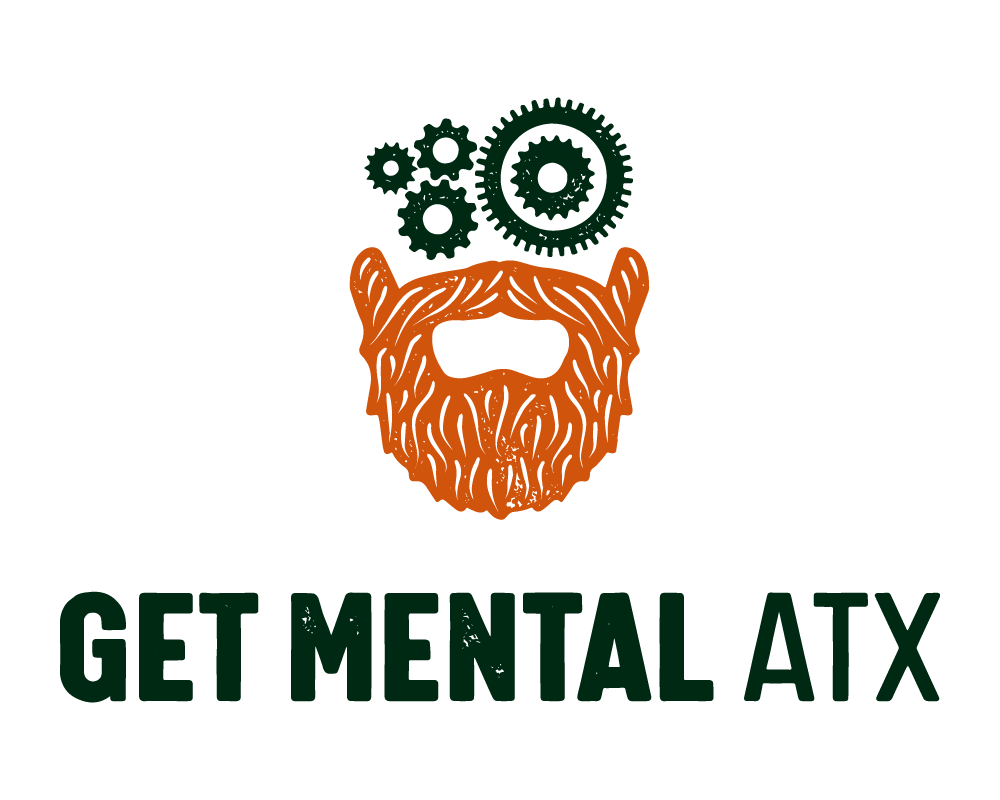Why belonging is important
PIXABAY/CC0
What does belonging look like?
You have each others backs, but also you scratch my back and I’ll scratch yours. These two sayings about backs are a good way to summarize the ways that belonging can look in practice. In the first, you are saying that you will watch out for each other. When out in the woods and scared of bears you will be there to keep watch while your buddy rests. In part because you are a good friend, but also because you expect that she/he will offer to take watch next so you can sleep. Belonging is when you are willing to be there for another person and you share something in common. You are connected in a way that prompts you to action when someone else needs you and you can rest in the comfort of knowing that someone else in the group will help when you need it.
How does it feel to belong?
In a sense, like being wrapped up in a nice warm blanket; but also being tied to an anchor while trying to walk the dog. Being a part of something can be wonderful (you find others interested in the same kinds of things and can make friends), but it also can be frustrating when it lumps you in with anyone and everyone who has a similar interest. I’m sure you can think of times that these were true for you, but here’s some about my life to help illustrate. In high school I was in the band, marching band. Now, I can imagine that this is funny for some of you; I got teased enough about this while IN high school that it’s not a stretch to imagine it happening again now. But when I was in the marching band I found it comforting at times. I knew people, we told jokes and laughed, we went on trips together (albeit band trips to play for the “football” “team”), and we became friends. That was the good part. On the other side of things, people made fun me for being such a “band nerd” and assumed that I was just the same as every other member of the marching band. When I mentioned that I was in band in this article I bet you had an idea of what that meant for my social skills or what I was like or the things I would be interested in. Belonging, like so many other things, has an upside and a downside.
Why does belonging create a sense of community?
Because we share a common purpose or perspective or passion. When we have things in common with others we tend to like those people. The expression about “birds of a feather,” it suggests that the similarities you share with others makes you spend more time with them. There is a psychological phenomenon known as the mere-exposure or familiarity effect. In simple terms this experience shows us that the more exposure we have to something, the more familiar it is, the more we tend to like it. Let’s try a thought experiment. Think about the last time you felt upset and sat on the couch eating ice cream right out of the carton, you remember. You probably didn’t run out to the store to find a brand new flavor from some new brand you’ve never tried before. You probably just got the same thing you got last time. Comfort food is often stuff we had when we were little. I know that this is still true for me. When I was little I got sick quite often. Turns out my tonsils were trying to kill me and they eventually had to be exorcised like some sick demon organ. But I digress; I was sick a lot when I was little and so missed a lot of school. My mom was really great about this, she’d make me a spot on the couch all nestled in blankets and bring me a Sprite with a straw and then I’d watch cartoons and eat my comfort food: nachos. To this day, like 25 years later, I still crave nachos every time I’m sick - and I often get them when I’m feeling down or lonely too. The powerful association I have of care and concern for me is deeply linked to my experience of nachos, so much so that just even thinking about the delicious cheesy chips and salsa starts to help me feel calm. Where was I goin with this…oh yeah…the kinds of associations we make to things that are familiar are comforting and so help us feel connected - especially when those feelings of comfort are about people and not nachos.

